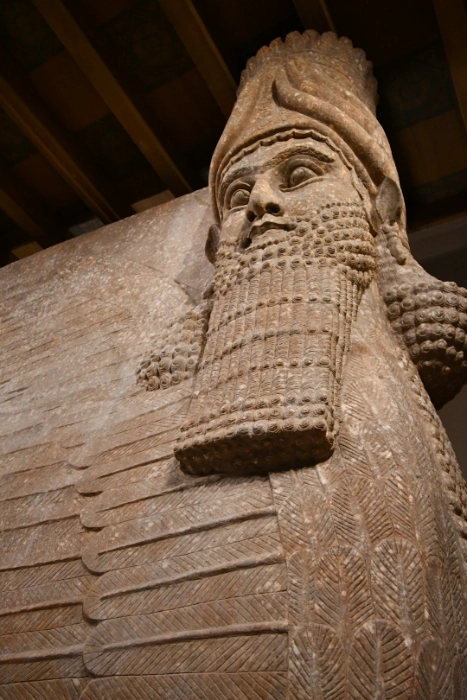King Nadab, like father, like son

Nadab, the second king of the northern kingdom of Israel, is a relatively minor figure in the biblical narrative, but his short reign is significant within the broader framework of redemptive history. From a Reformed perspective, Nadab’s life and reign are a testimony to the consequences of sin, covenant unfaithfulness, and God’s sovereign governance over His people. His story is recounted briefly in 1 Kings 15:25-31.
Background and Reign
Nadab was the son of Jeroboam I, the first king of Israel following the division of the united monarchy under Solomon’s son, Rehoboam. Jeroboam established idolatrous worship in Israel, constructing golden calves at Bethel and Dan and leading the nation into sin (1 Kings 12:25-33). Nadab inherited not only his father’s throne but also the spiritual corruption that characterized his rule.
Nadab’s reign lasted only two years (c. 910–909 BC). The Bible provides little detail about his leadership, but the summary judgment of his kingship is clear: he “did what was evil in the sight of the Lord and walked in the way of his father, and in his sin which he made Israel to sin” (1 Kings 15:26, ESV). Nadab continued the idolatrous practices instituted by Jeroboam, perpetuating the spiritual decline of Israel and alienating the nation from covenantal faithfulness to Yahweh.
Covenant and Judgment
Nadab’s reign is a clear example of God’s covenantal dealings with His people. The covenant blessings and curses outlined in Deuteronomy 28 and other covenantal texts underscore that obedience brings blessing, while disobedience brings judgment. Nadab’s persistence in idolatry aligned him with the curses of the covenant. His reign ended abruptly when Baasha, a rival from the tribe of Issachar, assassinated him while he was besieging Gibbethon, a Philistine city. This act of treachery was not merely political but also divinely ordained judgment against Jeroboam’s house, fulfilling the prophecy of Ahijah the Shilonite (1 Kings 14:10-11).
Baasha not only killed Nadab but also destroyed Jeroboam’s entire lineage, as foretold. This eradication of Jeroboam’s house was God’s judgment against his idolatry and rebellion. Nadab’s short and troubled reign thus stands as a somber reminder of the consequences of covenant unfaithfulness.
Theological Reflection
The story of Nadab highlights God’s sovereignty and justice. Even in the midst of human rebellion and sin, God’s purposes are being fulfilled. Nadab’s failure as a king underscores the inadequacy of human rulers to provide ultimate salvation or lead God’s people in righteousness. It points forward to the need for a greater King, Jesus Christ, who would perfectly fulfill God’s covenant and lead His people in faithfulness.
Furthermore, Nadab’s reign serves as a warning against the generational consequences of sin. Jeroboam’s idolatry set a precedent that Nadab followed, leading to his downfall. This underscores the emphasis on the responsibility of leaders to uphold God’s law and the devastating impact when they fail to do so. Ultimately, Nadab’s story reminds believers to place their hope not in earthly rulers but in God, who sovereignly rules and redeems His people.